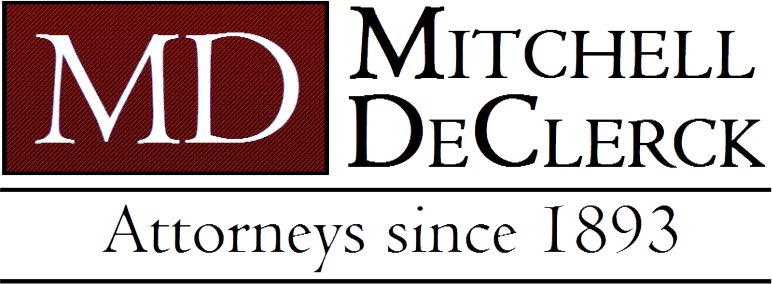The role of the probate courts is often supervisory. They help ensure that the personal representative of an estate properly fulfills their responsibilities. They also review and ensure the payment of creditor claims and guide the distribution of resources when someone dies without a will. Other times, the probate courts may have to make major decisions to settle issues affecting those who have just lost a loved one. For example, sometimes people go to probate court to challenge or contest a loved one’s will. They believe that there is something wrong with the document and want the courts to set it aside.
Undue influence – or one party using their relationship with a testator to manipulate the terms of their estate planning documents – is one of the more common reasons for families to challenge someone’s estate plan. There are several parties who are most obviously in a position to potentially exert undue influence on another person’s testamentary documents.
Caregivers and family members can exert undue influence
Those who are close to an older adult, including spouses, children or even grandchildren, may try to manipulate that person to convince them to change their estate planning intentions. Caregivers, including family members who step into the role and even professionals hired to provide medical or daily living support, are also in a position to inappropriately influence someone’s estate plan.
Anyone who plays an important role in the social life of a vulnerable older adult could exert undue influence. Those who have control over their food, medicine and access to others could also very easily leverage that responsibility to manipulate them into making estate planning changes.
The courts will want to see evidence that anyone who has been accused of undue influence was in a position of authority or able to manipulate the testator because of the closeness of their relationship. There will also need to be evidence that the specific individual accused of undue influence directly benefited by receiving a larger portion of the estate than they otherwise would. Families usually need documentation supporting claims that someone other than the testator may have set (or otherwise manipulated) the terms of an estate plan.
Ultimately, recognizing who is in a position to exert undue influence may help families more appropriately respond when the terms of a newly unveiled estate plan deviate from what most of the people close to a testator expected.

